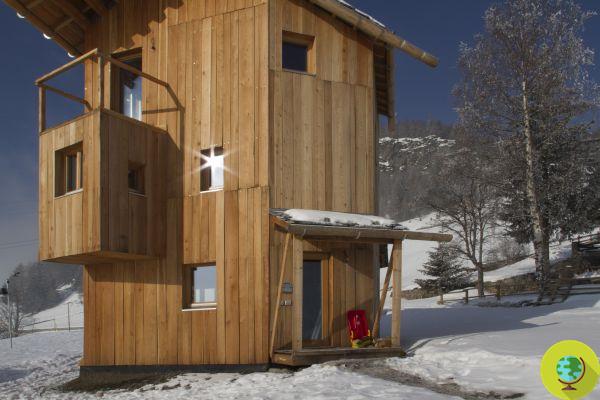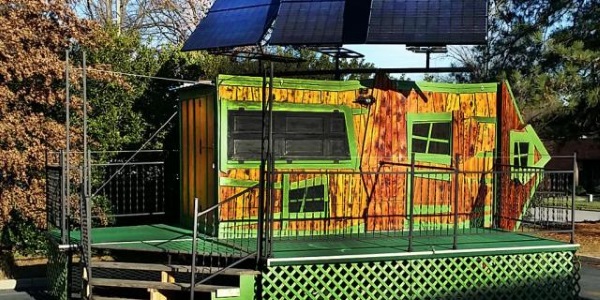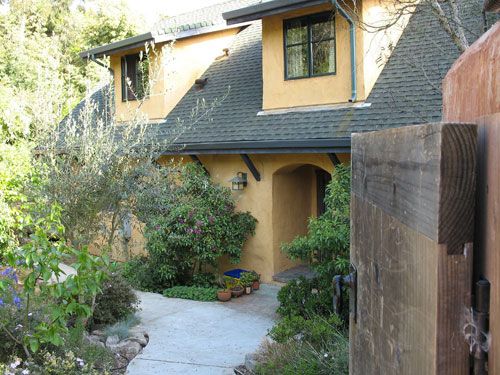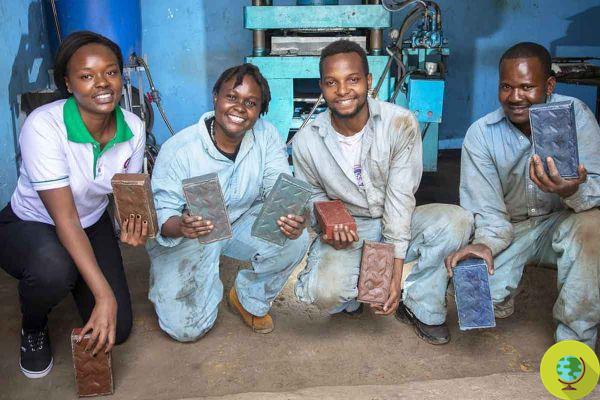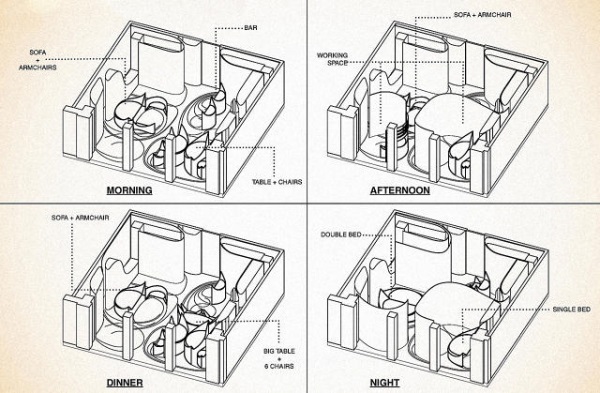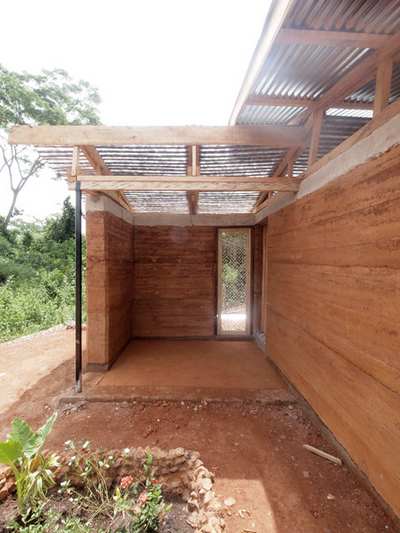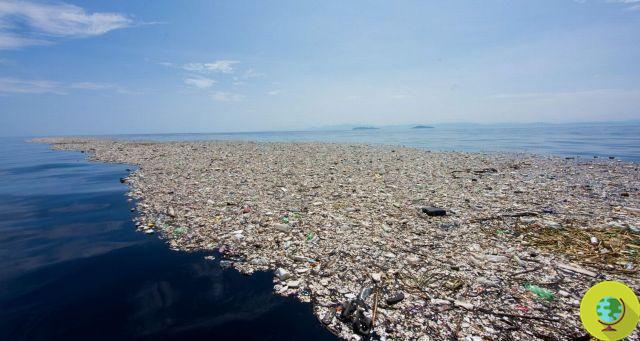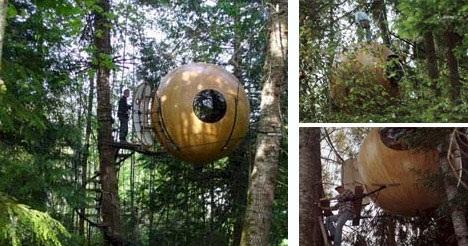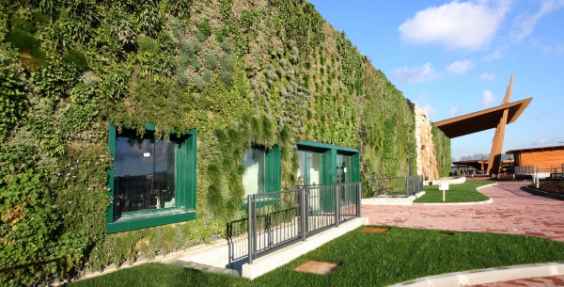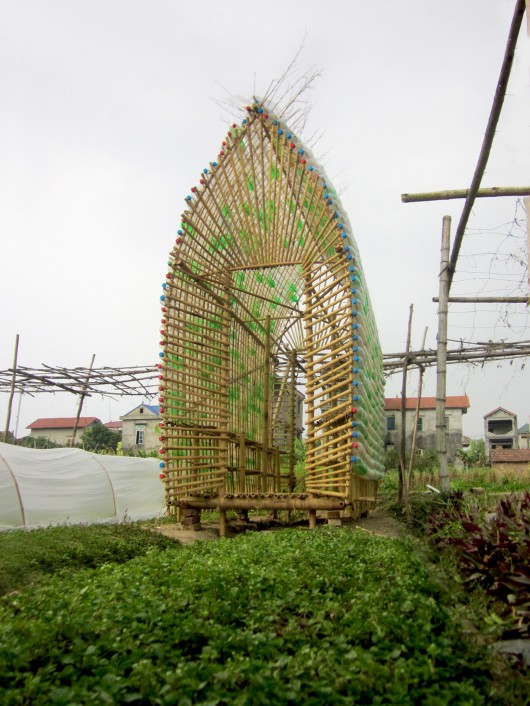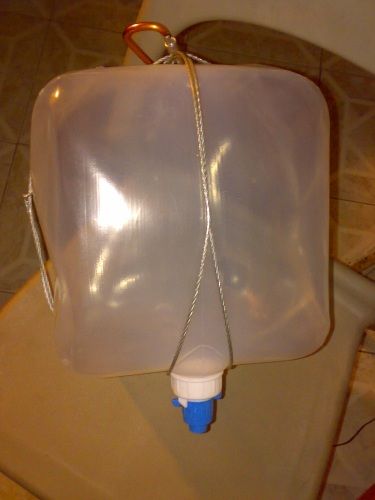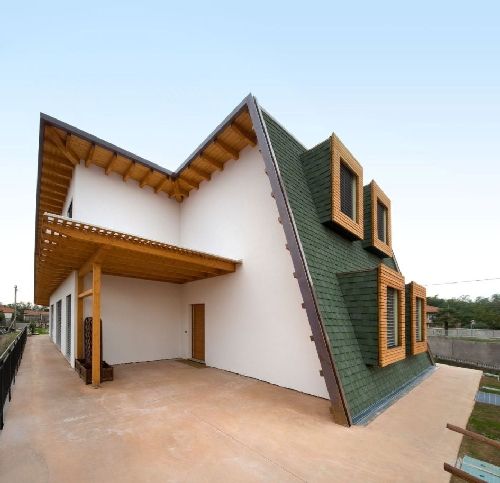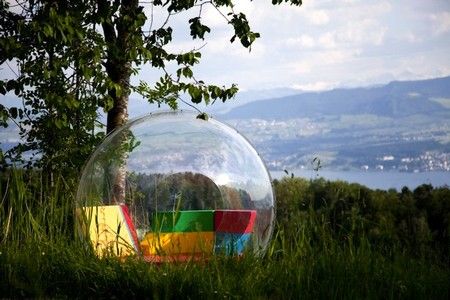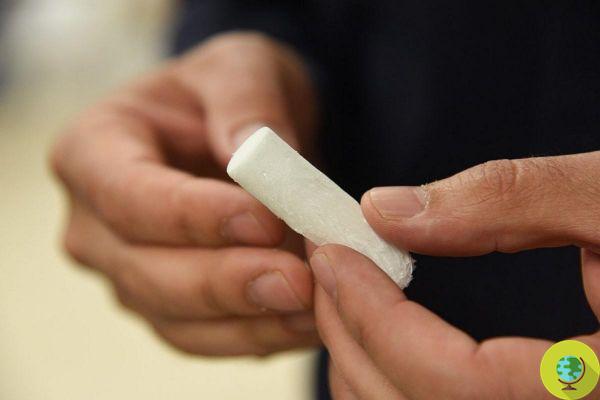
A material made from plants works better than polystyrene, and is decidedly more ecological. Researchers at Washington State University have shown that cellulose nanocrystals, when properly processed, are more insulating than polystyrene pollutant and can be produced using water instead of harmful solvents.
He is about to end up run over, his mother saves him
A material made from plants works better than polystyrene, and is decidedly more ecological. Researchers at Washington State University have shown that cellulose nanocrystals, when properly processed, are more insulating than polystyrene pollutant and can be produced using water instead of harmful solvents.
Cellulose is undoubtedly the most abundant plant material on Earth and therefore environmentally friendly. Which can hardly be said for polystyrene and expanded polystyrene, unfortunately widely used as insulating materials in many applications (construction, transport, packaging), and produced from petroleum.
But they have undoubted properties, which until now no other more sustainable material seemed to match. And the same cellulose, too abundant and ecofriendly to be ignored, had already been tested as source of materials for the construction of buildings and the making of musical instruments and jewelry.
But as an insulator, the desired results had never been obtained: the materials obtained in this way were not so strong, they did not insulate and degrade at higher temperatures and humidity than polystyrene. It is therefore difficult to establish itself on the market.
Now the turning point seems to have come: researchers at Washinton State University, in fact, have created a material consisting of about 75% of cellulose nanocrystals, with the addition of polyvinyl alcohol, which makes everything more elastic.
And, using a process in water instead of toxic solvents, the result is something very homogeneous, which indicates excellent insulating properties. Indeed, according to experts, the plant-based material obtained has exceeded the insulating capabilities of polystyrene. It is also very light and can support up to 200 times its weight without changing shape. It degrades well and burning it does not produce polluting ashes.
“We used a simple method to make high-performance composite foams based on nanocrystalline cellulose with an excellent combination of thermal insulation and mechanical properties - explains Amir Ameli, co-author of the work - Our results demonstrate the potential of renewable materials, such as nanocellulose, for high-performance thermal insulation materials that can contribute to energy savings, less use of petroleum-based materials and reduction of environmental impact".
Researchers are now developing formulations for even stronger and more durable materials for other multiple practical applications and are interested in using low-cost raw materials to make a commercially viable product, moving from laboratory to full-scale production.
Eco-sustainable because it is not made from oil, undoubtedly. However, the pulp industry is also sadly linked to deforestation of forests, precisely because it is obtained from trees. In Indonesia the agricultural lands of palm oil and cellulose plantations come burned to favor subsequent harvests and gain space at the expense of local forests.
We therefore hope that the desirable mass production will use materials in turn obtained with alternatives that do not affect our expanses of trees, the only resource we have of oxygen, unfortunately increasingly threatened.
The work, funded by the U.S. Department of Agriculture and Washinton State University's Office of Marketing, was published in Carbohydrate Polymers.
Read also:
- The Dutch cycle path made with cellulose from used toilet paper
- Certifications for paper: how PEFC works
Roberta de carolis
Foto Washinton State University





